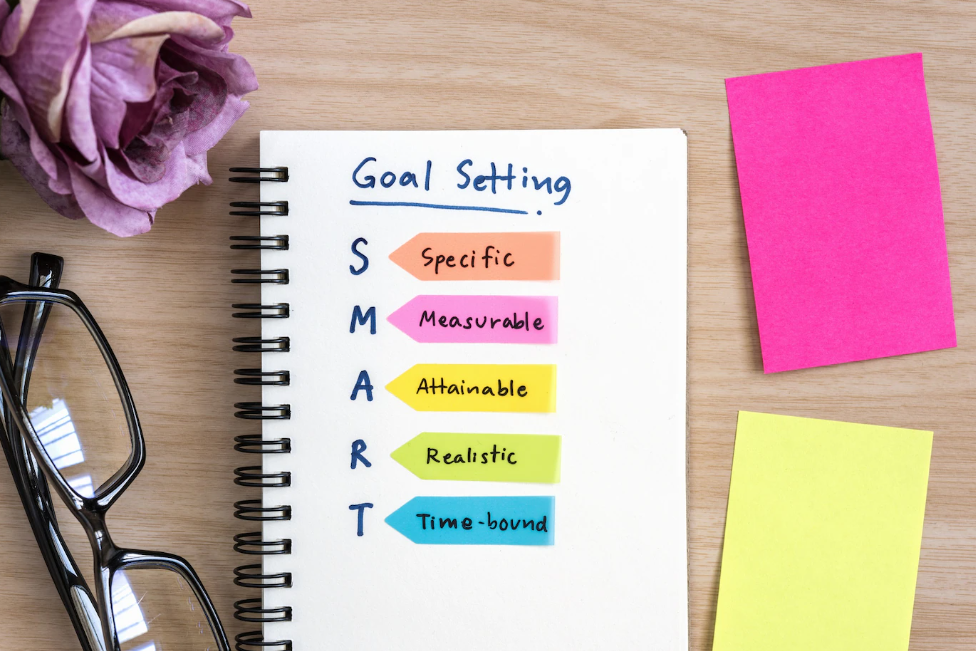Confidence And Resilience
Learn why having confidence and resilience is essential for navigating life’s inevitable changes.

Selfpause Affirmation App
Download the app to get 1,000’s of affirmation meditations and everything you need to write, record and listen to your own.
Whether you’re struggling with confidence or resilience, there are a few things you can do to increase your strength. Some of the tips include limiting your time and energy, putting yourself first, and being self-reliant.
Self-reliance

Having confidence and resilience is very important for navigating through life’s inevitable changes. Developing confidence and resilience means knowing who you are and knowing how to bounce back from adversity. The ability to bounce back is much more important than how many adversities you go through.
In his famous essay Self-Reliance, Ralph Waldo Emerson discusses how having confidence and resilience are important to building independent and productive individuals. He argues that the key to self-reliance is knowing who you are, knowing how to bounce back from adversity, and trusting yourself.
Emerson also introduces the concept of self-worth, self-acceptance, and self-knowledge. Self-reliance is a form of emotional freedom that allows you to seek out solutions on your own without having to depend on others. It promotes dignity, self-worth, and self-direction.
Emerson’s essay argues that individuals need to be self-reliant in order to avoid feeling dependent on others. Those who are dependent on others tend to feel obligated to them and lose their sense of independence.
The importance of self-reliance was introduced to the public in 1841 by Ralph Waldo Emerson. Today, self-reliance is becoming a rare species. In today’s world, specialisation has led to less self-sufficiency.
Self-reliance also promotes personal responsibility. A person can develop self-reliance by earning a living independently. This is more important than getting a college degree. There are many work opportunities to develop self-reliance.
Self-reliance can also mean trusting others. In a society that has decreased trust between individuals, mutual self-reliance can increase trust in others.
Trusting yourself

Having the courage to trust yourself is essential to living a full life. If you don’t trust yourself, you may find yourself doing things you shouldn’t or acting in ways that don’t align with your values.
In order to learn how to trust yourself, you need to understand why you have difficulty trusting yourself. If you have been hurt by the past, you may lack self-confidence. You may also feel ashamed of yourself. This may lead to you not expressing yourself. It may also make you afraid to try again.
You can improve your self-confidence by taking baby steps. Begin by writing a vision of success. You may also want to meditate for five to fifteen minutes each day. You can also speak with a therapist about your issues. A therapist can help you identify patterns and work through questions.
When you don’t trust yourself, you may feel ashamed of yourself and afraid to express yourself. You may also have a fear of making the wrong choice. This may also lead you to follow the advice of external authority instead of your own.
If you are struggling with trusting yourself, you may want to talk to a therapist. A therapist can help you to heal past traumas and understand your inner critic. You may also want to speak with a coach. They can give you advice on how to build trust with others.
Taking time for reflection
Taking time for reflection is a great way to build confidence and resilience. It helps you to clarify your goals and think through past experiences so that you can better understand what’s important to you.
There are several different ways you can incorporate reflection into your daily life. One of the most common ways to do it is by journaling. You can write down your thoughts in a notepad or on your computer or tablet.
Another method is to talk to yourself. This can be especially helpful when you are out in the fresh air. You can also ask someone to talk to you. This can help you to process your thoughts without distraction.
It is important to remember that the process of reflection isn’t always easy. It takes time and effort to make it work.
When you are in a calm and quiet place, you can be very insightful. You can think through your experiences, find areas for improvement, and influence future decisions.
When you are in a stressful situation, you can use this same process to help you cope. When you think about what happened, you can also identify the strengths you have and the areas you need to work on.
Taking time for reflection can also help you to re-charge your batteries. This will enable you to make important changes that will benefit you and your life.
A great book that can help you to incorporate reflection into your life is Self-Reflection: a Year of Self-Awareness. This book will introduce you to a new topic each week, and it will guide you through a year of self-reflection.
Setting goals

Having goals is a good way to increase your confidence and resilience. They help you focus your attention and organize your time. They also give you a definite destination to work towards.
Goals can help you close the value-action gap, which can result in better performance. A goal can also help you deal with adversity. A goal can be something as simple as not drinking soda for a week. In order to reach this goal, you may want to increase it by another day or two each week. This is a more realistic goal and will be easier to achieve.
In addition to boosting self-confidence and resilience, goals can help students develop problem-solving skills, which can prepare them for life outside of school. They can also teach team members resilience, which means not giving in to obstacles.
Goals also give people purpose, which is important for self-motivation. Studies have shown that people who set goals are more likely to achieve them. Goals can also give people incentives to help them achieve them.
Setting goals can help teens develop resilience, as they have more control over stressful events. This is because they are more likely to succeed. They are also more likely to take control over their lives. They will become more self-reliant and adaptable.
Studies have shown that goal setting can help close persistent ethnicity and gender achievement gaps. They also have shown that goal setting interventions are scalable and can be effective.
Reaching out to lift up someone in need

Oftentimes when we think of resilience, we think about how we bounce back after an event. However, resilience also involves other important attributes such as the ability to cope with setbacks. This is not an easy feat, and often times people who have never had to face adversity may not be well equipped to handle tough times.
Having a healthy lifestyle is a great way to lessen the toll that stressful situations can take on your mind and body. A balanced diet, plenty of sleep, and regular exercise are key elements of a well-rounded program. Try jogging, biking, or walking. Try to fit in thirty minutes a day. You may even want to consider trying online therapy. Licensed mental health professionals can help you develop a program that will get you back on the road to recovery.
The ability to think positively is also a key attribute of resilience. This is a big deal, as it can lead to improved communication and help you get through challenging times. In the same way that being positive makes you feel better, being resilient will help you bounce back from setbacks and move on with your life.
The best way to build resilience is to have an open mind and listen to others. By doing so, you may find that others have some valuable suggestions. You may also be able to help someone else improve their life.
Our Top FAQ's
There are many ways to build confidence and resilience. Some strategies that may be helpful include setting achievable goals and working towards them, practicing self-care and self-compassion, seeking out new challenges and learning opportunities, and developing supportive relationships with others. It can also be helpful to focus on the things that you are good at and take pride in your accomplishments.
To maintain confidence and resilience in difficult situations, it can be helpful to adopt a positive outlook and focus on things that are within your control. You can also try to stay connected to your values and goals, and look for opportunities to learn and grow from challenges. Other strategies that may be helpful include seeking support from friends, family, or a professional therapist, and engaging in activities that help you relax and recharge.
Having confidence and resilience can help you handle challenges and setbacks more effectively. When you have confidence in yourself and your abilities, you are more likely to take risks and try new things, which can lead to greater success and fulfillment. Resilience, on the other hand, helps you bounce back from failures and setbacks and keep moving forward. Together, confidence and resilience can help you navigate the ups and downs of life with greater ease and success.
To become more resilient and confident, it can be helpful to identify and challenge negative thoughts and beliefs about yourself, and to focus on the things that you have accomplished and are proud of. Practicing self-care and seeking out new challenges and learning opportunities can also help you build resilience and confidence. Additionally, seeking support from others and learning coping strategies can help you navigate difficult situations and build resilience.
Your self-confidence and resilience can have a big impact on your relationships with others. When you have confidence in yourself and your abilities, you are more likely to communicate effectively and assertively, which can help you build stronger relationships with others. Similarly, when you are resilient and able to bounce back from setbacks, you are more likely to handle conflicts and challenges in your relationships with greater ease and grace. On the other hand, low confidence and resilience can lead to difficulty in relationships, as you may avoid taking risks or trying new things, or may struggle to cope with challenges and setbacks.
